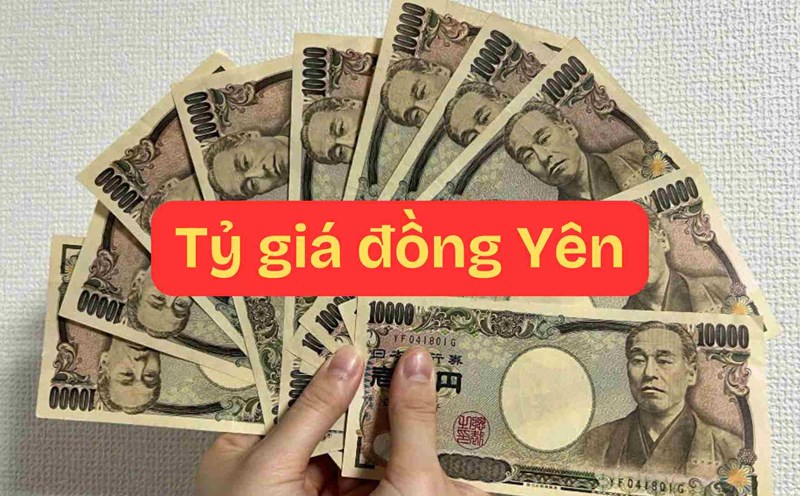USD/JPY drops sharply: Yen becomes a "shelter"
In the trading session on September 30, 2025, the USD/JPY pair continued to decrease for the second consecutive session, trading around 148.60. The decrease was about 0.39% compared to the previous session and about 0.60% compared to the end of last week, continuing the decrease in the past few sessions.
Currently, 1 JPY is equivalent to about 0.00675 USD, higher than at the beginning of the month.
The main driver of the Yen's gains comes from increased political and economic uncertainty in the US. Investors are cautious about the risk that the US government could have to close if the National Assembly cannot reach a budget agreement before the deadline of October 1.
US President Donald Trump has summoned Congress leaders to find a final solution for the budget package, but the parties have yet to reach a consensus. This mentality weakens the US Dollar as investors seek the Yen as a safe-haven asset.
At the same time, the US relatively stable inflation report has increased expectations that the US Federal Reserve (Fed) can continue to maintain flexible monetary policies, or even looser, to support economic growth, putting more pressure on the USD. In contrast, the Bank of Japan (BoJ)'s maintaining a stable monetary policy also contributes to supporting the Yen to be more valuable.
Domestic exchange rates increase, banks adjust
Reflecting the general developments in the international foreign exchange market, the exchange rate of the Japanese Yen against the Vietnamese Dong (VND) also recorded a slight increase in the domestic market.
Major commercial banks in Vietnam have adjusted the Yen exchange rate to meet trading needs and maintain foreign exchange balance. The buying exchange rate in Japanese Yen at BIDV bank is 175.16 VND/JPY (highest level), while Vietinbank recorded the highest selling rate at 182.16 VND/JPY.
This adjustment is necessary to balance the market and create more favorable conditions for foreign exchange and trade transactions related to this currency.
Japanese stock market under pressure
The upward trend of the Yen, although positive in terms of safe-haven assets, has put pressure on the Japanese stock market.
Japan's Nikkei 225 index fell 0.2%, while TOPIX moved sideways. The stock market of this country is negatively affected by the recovery of the Yen, which directly affects industries that depend heavily on exports.
Although Japan's industrial production and retail sales data in August were lower than expected, raising concerns about a stagnant economy, this weakness could delay any other interest rate hike by the BoJ, indirectly strengthening confidence in their stable policy.
The Japanese Yen is expected to continue to maintain its upward trend in the short term, as long as political and economic uncertainties in the US have not been resolved, along with a stable monetary policy from the Bank of Japan, according to Investing.











